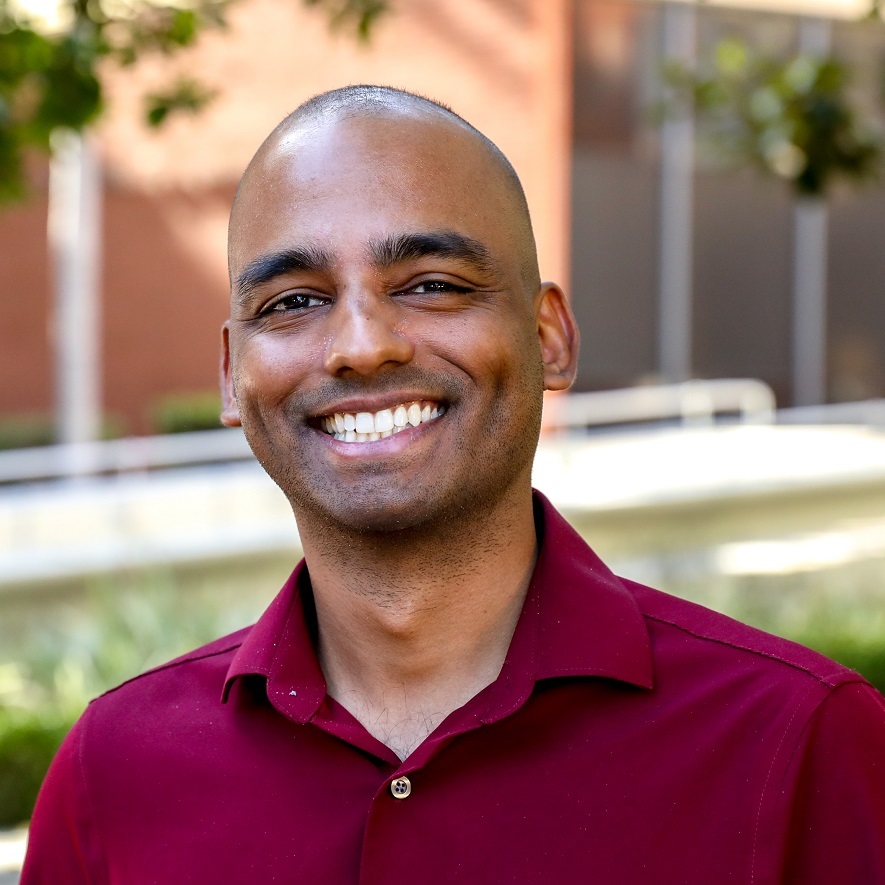ABSTRACT
Indirect surveys, in which respondents provide information about other people they know, have been proposed for estimating (nowcasting) the size of a hidden population where privacy is important or the hidden population is hard to reach. Examples include estimating casualties in an earthquake, conditions among female sex workers, and the prevalence of drug use and infectious diseases. The Network Scaleup Method (NSUM) is the classical approach to developing estimates from indirect surveys, but it was designed for one-shot surveys. Further, it requires certain assumptions and asking for or estimating the number of individuals in each respondent’s network. In recent years, surveys have been increasingly deployed online and can collect data continuously (e.g., COVID-19 surveys on Facebook during much of the pandemic). Conventional NSUM can be applied to these scenarios by analyzing the data independently at each point in time, but this misses the opportunity of leveraging the temporal dimension. We propose to use the responses from indirect surveys collected over time and develop analytical tools (i) to prove that indirect surveys can provide better estimates for the trends of the hidden population over time, as compared to direct surveys and (ii) to identify appropriate temporal aggregations to improve the estimates. We demonstrate through extensive simulations that our approach outperforms traditional NSUM and direct surveying methods. We also empirically demonstrate the superiority of our approach on a real indirect survey dataset of COVID-19 cases.
BIO

Dr. Ajitesh Srivastava is a USC CAIS associate director and Research Assistant Professor of Electrical and Computer Engineering. He earned his PhD in computer science from USC. Dr. Srivastava’s research interests include social networks, algorithms, parallel computing, and machine learning applied to social good, crime, smart grids, and computer architecture.



